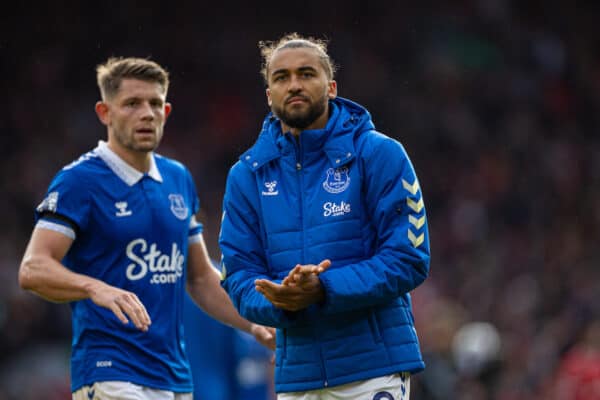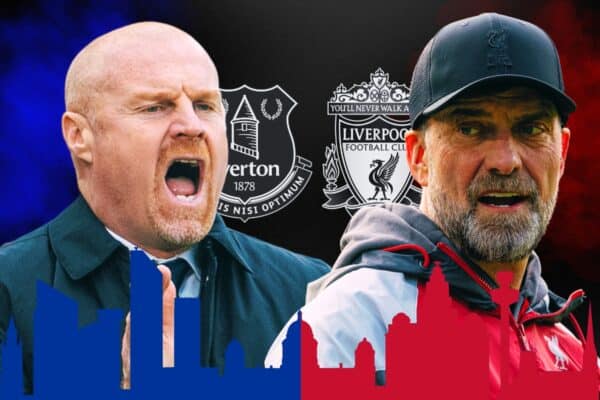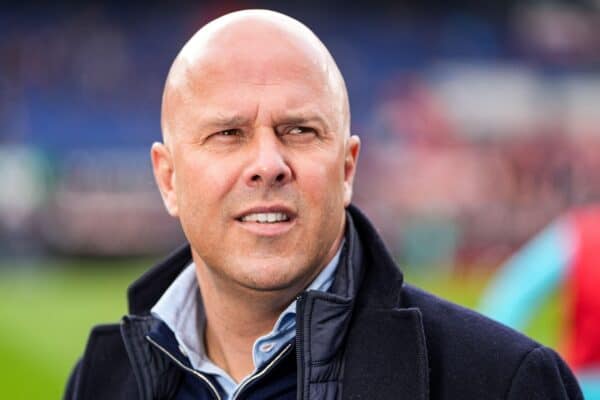PR & Communications at Liverpool FC is a tough brief. It isn’t an easy task to find the right tone of message that will engage a disparate fan base that fall into three very different categories. There is also a negative and sometimes hostile media agenda that often hovers over the club.
The appointment of a new communications director this summer has seen some positive changes in the clubs approach to communications. There are a number of independent Liverpool ‘fan sites’ – all of whom have an influential voice in the fan base. Engaging these sites and giving them access to the club has been a positive step forward; it is a method to take the clubs story directly to fans without a reliance on traditional media.
There has also been a change in tone towards the club in some sections of the media recently – the findings of the Hillsborough Independent Panel have been a catalyst for some journalists to re-evaluate how they cover the club.
The club will always court negative press for a variety of reasons; the main one being negative press sells newspapers. Crisis and drama are what feed newspaper agendas; and over the past few years the club has moved on from one to another at regular intervals.
But broadly speaking communications have been improving at Liverpool in recent months. There is still also lots of room for improvement. The recent ‘storm’ over the clubs communications director meeting a fan behind a Twitter parody account is another lesson that has to be learnt.
‘Duncan Jenkins’ vs Jen Chang
Duncan Jenkins was an internet persona that often had reliable and accurate information about the club. He claimed to have a ‘mole’ within the club that was feeding him information.
As a communications director ‘moles’ and ‘leaks’ are your biggest nightmare. It is your role to control the message for your organisation – to control the narrative. When information is being ‘leaked’ it makes the task impossible. It is highlighted in football as ‘leaks’ can be a factor in complex negotiations.
But the key to managing leaks is to look inwards. Liverpool only has around 300 employees. Introducing a zero tolerance policy that any employee leaking information without the express permission from the director of comms will be dismissed is the right method. A good journalist or blogger will never reveal a mole – fact.
It was a mistake for Jen to meet the fan behind the Duncan Jenkins parody account – regardless of the substance of the meeting. The accusations made, whilst seem far-fetched, do need some kind of clarity. There are multiple ‘Duncan Jenkins’ on Twitter: all of whom claim to have moles and sources within the club. The majority of it is all theatre – with fans being clever in churning rumour into an insightful comment.
The club shouldn’t be involved in the process of engaging parody accounts or ITK’s. If there are leaks at the club – they should be dealt with by an internal investigation and action. By meeting ‘Jenkins’ Jen has left himself open to these accusations that either hold some truth, or has perhaps been the victim of a ‘political’ sting. The motives of ‘Jenkins’ in making these accusations is strange – and if there was a mole that was feeding information – perhaps this was a way of turning the tables. If Jenkins was telling the truth – an explanation and apology is needed, swiftly.
Either way – as a communications director the number one rule of thumb is you never, ever become the story.
Neither the fan behind ‘Jenkins’ or Chang has come out of this well. It is a shame that this has become such a public spat – as both no doubt have the best interests of the club at heart.
Lack of Leadership
What Liverpool need is a political figure with real gravitas and authority that understands the complexities of the clubs stakeholders: both fans and media. There is a gaping hole at the moment and it is leading to a series of avoidable mistakes. There are a lot of talented people at the club who all excel in specialist disciplines: but without guidance and direction will sometimes make the wrong decisions – this was an incident of that.
The club has to have complete unity at the top. It has to have a Leadership team that is completely united – that all share the same vision. We may well have that – but there are some signs that not everybody at the club is on the same page.
The club has to find a way of getting everybody on the same page. We do not need to overplay our PR; we need to build strong foundations. At the heart of that is building good relationships. The club needs to build strong relationships with the influential voices in the fan base, the local and national media: all of those stakeholders that directly influence supporters.
That process has started. But the key to getting it right is to avoid manipulating those relationships to divert from negative PR. It creates chasms and it is easy to see through. There are always times when you need to change the conversation from a PR perspective – but the right method to use is to kill the story. Tell the truth. The truth is always a matter of interpretation – so even if mistakes have been made it is how you position them that matters.
The key to building credibility is not by diverting blame or attention. Take responsibility and accountability and you will find that the majority of people will accept it and move on. Sometimes we seem to try and be a bit too clever when ‘spinning’ our way out of a situation – when being straight will have been a better method. In fact, you can argue the more ‘spin’ that is applied leads on to further breakdown in trust and feeds the animal.
The Anfield Wrap
Some have unfairly targeted the Anfield Wrap for criticism in the fallout of this issue. The Anfield Wrap is probably the mainstream hub of traditionalist support; and they have worked hard to build up credibility in the fan base whilst building relationships with the club.
Whatever the rumours on Twitter – the Anfield Wrap have done nothing wrong in my view. The podcast is always balanced – the Wrap has maintained its independence and ability to critique whilst being recognised as a credible media outlet by the club. In my view that is a good thing – it is a positive step forward.
Summary
I have said previously that we have to get to a point where we don’t have to use reactive PR within our own fan base. There is a definite ‘them’ and ‘us’ syndrome from some fans towards the club – that was set in train under the Hicks and Gillette regime.
But that has to stop in my view. We are one football club. We may fall out from time to time – and we may not always agree with the direction or decisions taken by the owners. We don’t have to be Pro-FSG, Pro-Kenny, Pro-Rodgers, Pro-Jenkins, Pro-Chang – you can be Pro all of that – it is called being Pro-Liverpool.
That maybe naïve – but the biggest challenge for communications at Liverpool is getting everyone involved in the club on the same page. That should be the focus – there will always be a ‘Duncan Jenkins’ lurking – piecing together the titbits to create a fictional picture that is sometimes on the money.

















Fan Comments